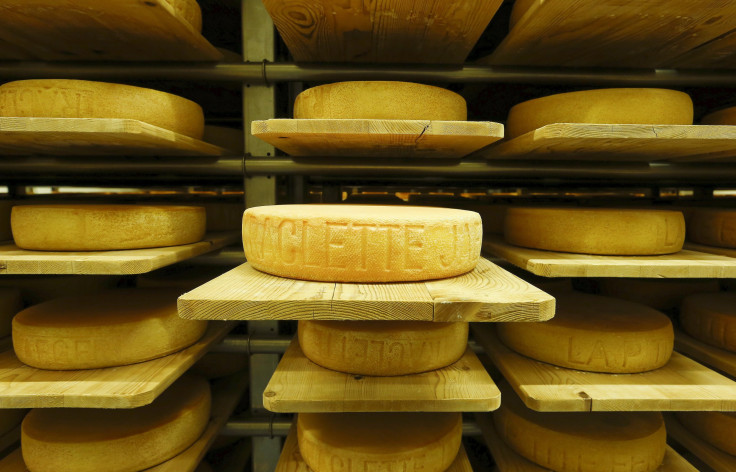Dairy product food preservative kills nearly 80% cancer cells, fights antibiotic-resistant bacteria

A naturally occurring food preservative on dairy products has effectively killed 70 to 80 percent of head and neck tumour cells in rats, which could soon be used on humans, a new study shows. The preservative, known as nisin, was also found to be powerful enough to fight deadly bacteria such as the antibiotic-resistant MRSA.
Researchers from the University of Michigan reported that after nine weeks of feeding rats with nisin milkshake, tumours were found to be comparable to tumours at a three-week stage, which extended the survival of the animals. The results indicate that nisin “has advanced beyond its role as a food biopreservative," with no bacteria from humans or animals found to be resistant, researchers said.
Nisin has been found to be lethal as it can bind to a static area of bacteria that allows it to prevent the formation of an antibiotic-resistant superbug. In addition, the food preservative also kills biofilms, colonies of bacteria that can block the effects of antibiotics.
"Current findings and other published data support nisin's potential use to treat antibiotic resistant infections, periodontal disease and cancer," said Dr Yvonne Kapila, a professor at the University of Michigan School of Dentistry. The new findings come from the analysis of studies that used nisin to treat 30 different types of cancer, infections of the skin, respiratory system, abdomen, and oral health.
Nisin is a colourless, tasteless powder commonly added to food at the rate of .25 to 37.5 mg/kg. Many products including a sanitiser in lactating cows, and creams and pharmaceuticals that fight infection and mastitis, also contain nisin.
However, the researchers noted further studies are needed before claiming nisin could deliver the same effects on humans as on mice. In addition, despite its existence on foods, many products contain nisin nowhere near the 800 mg/kg needed to kill cancer cells. Kapila said the team is planning to test nisin in a clinic setting.





















